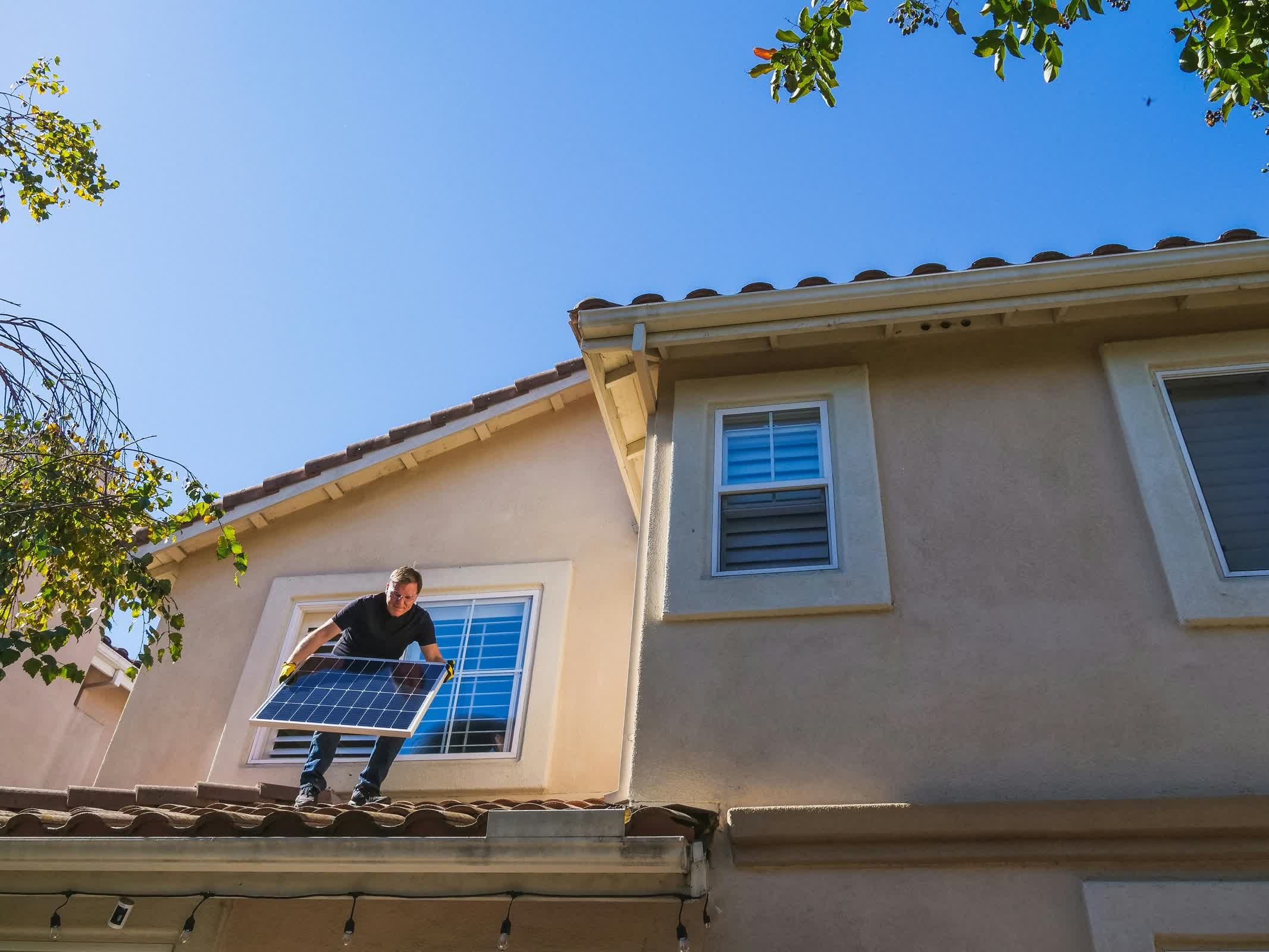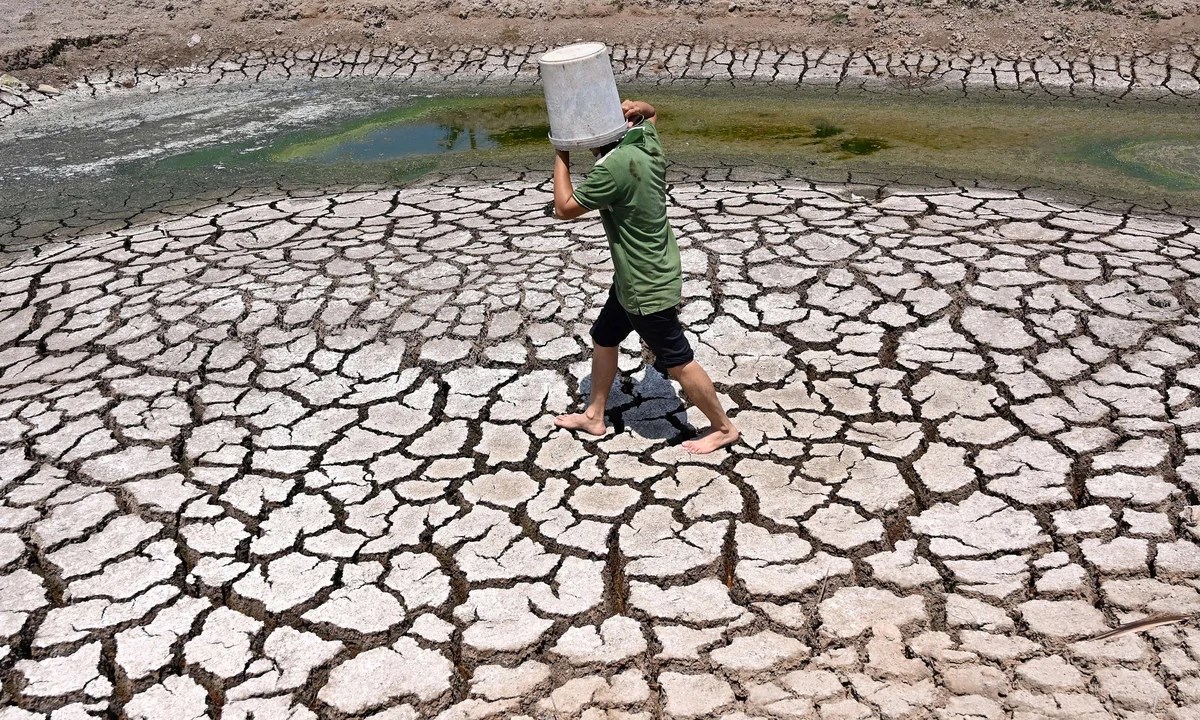See Full Size
The research conducted by scientists from the University of Sydney was conducted between 2015 and 2022. Australia reviewed hundreds of public reports and press releases from the energy sector. Data obtained from 44 different energy market actors, Consumers can stop climate change through their individual actions It uncovered a common story that carries its message.
Responsibility falls on the consumer
According to the research, the energy sector recommends consumers to take “heroic” steps that can save energy. These steps include purchasing an electric vehicle, installing solar panels, tracking energy consumption and keeping unnecessary devices turned off. However, the leader of the research, Assoc. Dr. Tom van Laer argues that although this story seems inspiring, it leads to ignoring larger systemic changes.
See Full Size
According to the research, Australia per capita Leader among developed countries in greenhouse gas emissions in position. In the country that produces 14.51 tons of emissions per capita, this figure About half are from the energy sector stems from. At a global level, the energy sector is one of the areas that causes the most harm to the environment, using more than one third of the world’s fuel consumption.
Van Laer emphasizes that structural transformations and regulatory policies in the energy sector should be implemented as well as individuals optimizing their energy consumption. While Van Laer accepts the importance of individual efforts, he states that the solution cannot be placed solely on consumers. To achieve truly net zero emissions, the energy sector must transition to greener production methods and offer support systems to consumers.
On the other hand, we have seen initiatives such as “net zero hero” in the past. The beverage industry got in on this early in the 1970s by promoting recycling to shift the burden of waste disposal to consumers. Similarly, in the “carbon footprint” discourse, the burden was again tried to be placed on consumers.
This news our mobile application Download using
You can read it whenever you want (even offline):




